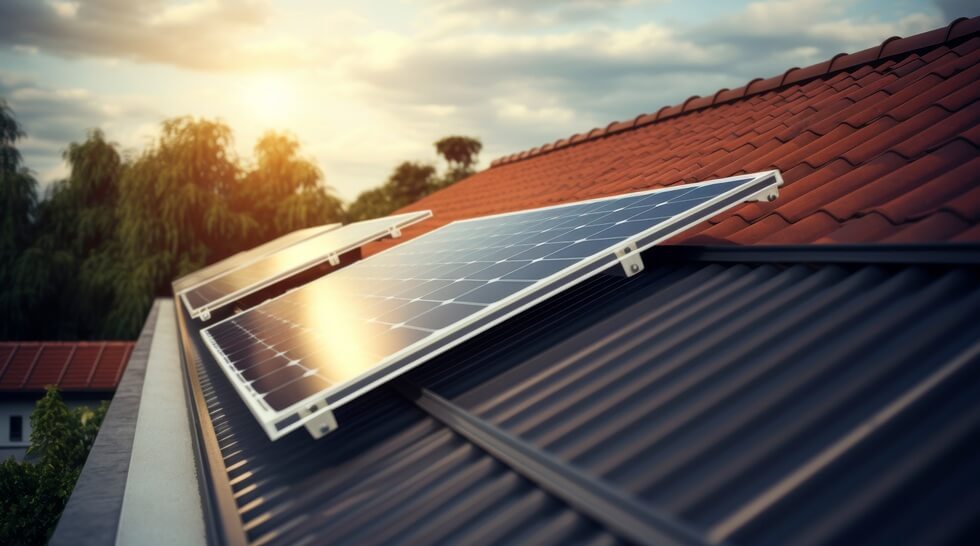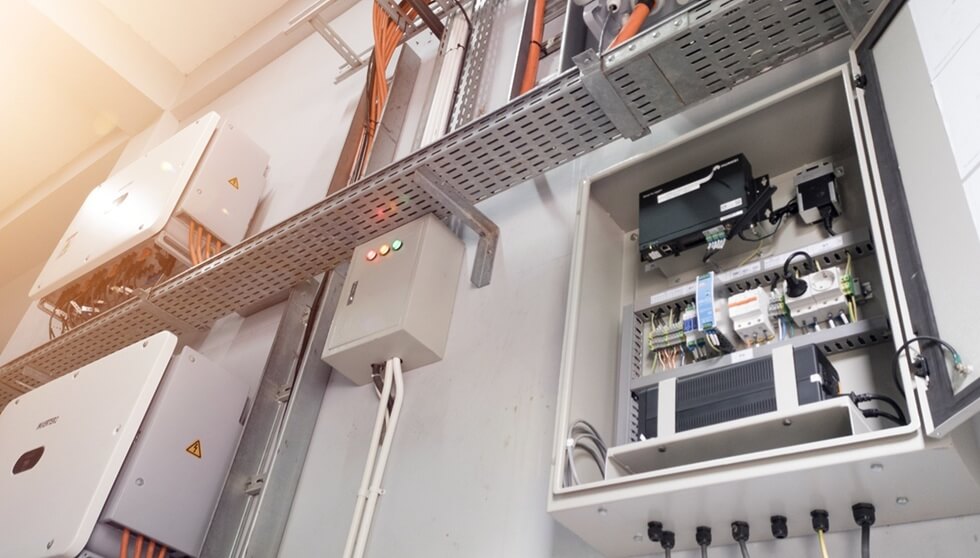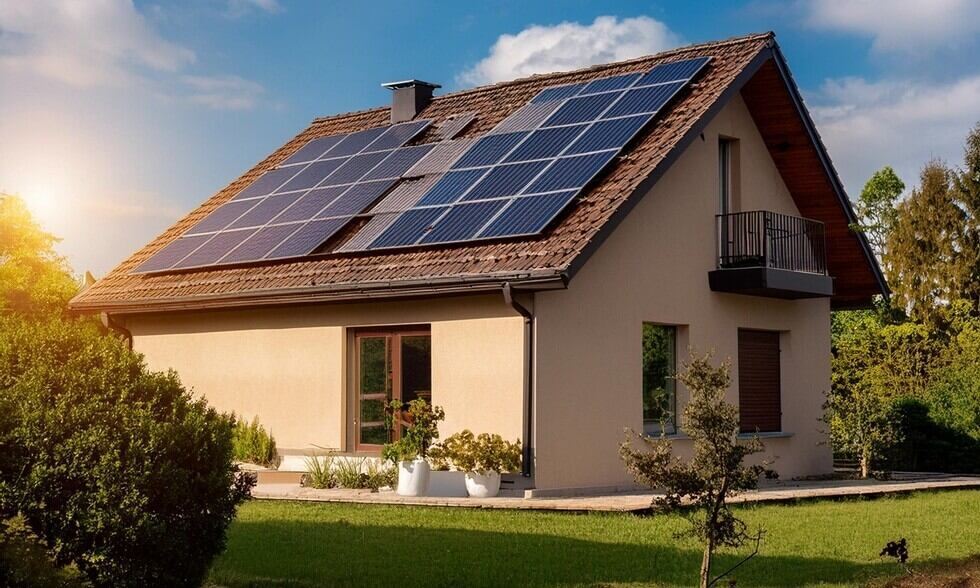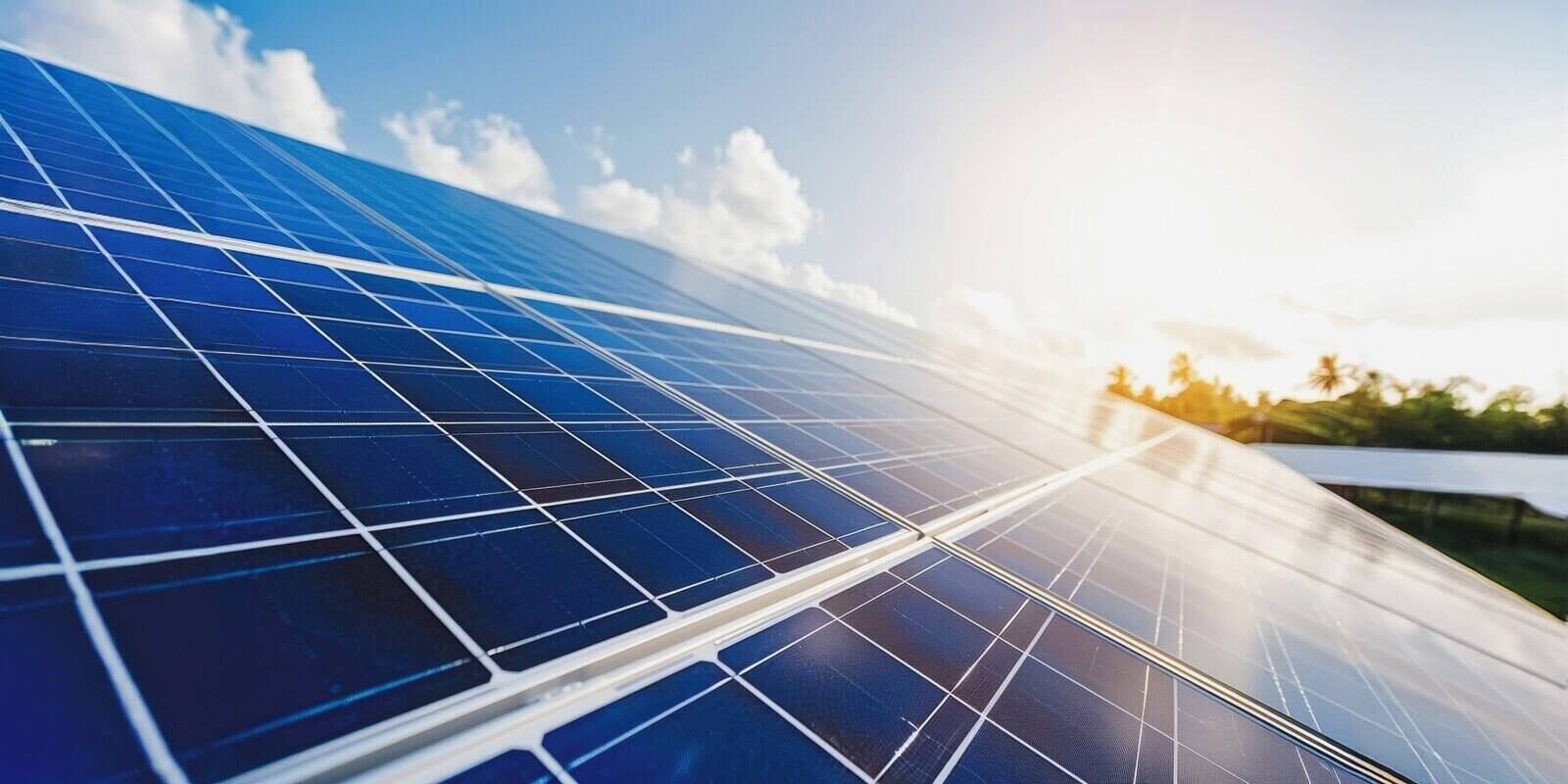Residential solar panels are known for providing clean energy when the sun is out—and they can even continue to supply a home’s needs after the sun goes down, using a battery system that charges during the day. But what happens when the power goes out in the neighborhood? Most homeowners assume that their solar panels will continue to provide energy, but this is not always the case.
Making an informed decision about solar energy means understanding how solar panels will perform in a wide variety of situations. When the power goes out, whether or not a home can continue to utilize its solar energy depends on how the system is set up and whether it utilizes peripheral devices such as batteries.
Adding on elements such as batteries to a solar array is best done at the time of installation. Consider planning for power outages before you install your system.
Do You Still Have Solar When the Power Goes Out?

When the power goes out in the municipal grid, all homes connected to the grid will lose power. Depending on how they are set up, this can include solar-powered homes.
Grid-tied System
A grid-tied (on-grid) solar panel system is the most common type and describes a configuration in which the home is connected to both solar panels and the municipal grid. This helps the home to compensate for its energy needs when the panels are not enough, such as during the night when panels do not have access to sunlight.
A grid-tied home will lose power when the local power goes out. Even if the home has solar panels, it will not be able to use them until power is restored. Confused homeowners may wonder why solar panels would go offline when something happens to the municipal grid.
To understand why, it is helpful to have a basic concept of how the solar array fits into the home’s energy architecture. Solar panels use microinverters to convert the energy a solar array makes into energy that the home’s wiring can use.
This means the panels feed into the home’s existing electrical system—the same system that is hooked up to the municipal grid. Panels are indirectly connected to the grid.
Solar panels must stop producing power (drawing electricity) during power outages to allow electrical workers to safely perform repairs on local lines. Using the panels while repair crews are working on them can create electrical shock hazards for the workers.
Off-grid System
An off-grid solar system is completely disconnected from municipal power sources. In addition to alternative resources, such as gas generators, the solar panels are independently responsible for providing energy to the home. Because the solar array is not connected to municipal power, the panels will not stop functioning when nearby power goes out.
Battery Storage

Grid-tied systems may still be able to use their panels during an outage if they use battery backups. Batteries can provide a smaller, self-contained grid that allows the home to draw power without compromising the safety of city workers.
Batteries enable solar systems to keep producing energy during an outage, as long as the sun is shining. In such scenarios, solar power directly supports the home’s energy needs and recharges the battery if necessary. During both the day and night, the battery automatically supplements the solar system when energy production is insufficient to meet current usage.
However, the home can only benefit from stored solar energy for as long as the battery holds a charge. The duration of independence during an outage depends on the battery’s storage capacity and the overall energy demands.
A well-sized battery system, coupled with an adequately designed solar array, could theoretically sustain power indefinitely—provided the batteries are recharged daily by the solar system. This capability significantly enhances the system’s usability and reliability.
How Long Does a Battery Last?
For those relying on a solar battery as their primary plan during a power outage, it is reasonable to wonder how long the battery can power the home for. The answer to this question is different for each home.
Residences with consistent high power draw, such as those with always-on medical equipment in the home, will use their battery’s remaining power faster than homes in which the residents only use a couple of lights, a refrigerator, and a TV.
In general, a 10kWh battery will power most homes for around 24 hours as long as the home turns off its biggest times with the highest energy consumption, such as heating, AC, electric car charging, and similar.
Homes that strategically reduce their consumption during this time, such as by turning off computers and keeping the lights off unless absolutely necessary, can extend the duration of their battery’s supply.

Maximize the Output of Your Solar Array No Matter the Weather
Solar power is a great way to provide greater energy independence while reducing your monthly bills and having a positive impact on the environment. However, it is still important to plan for how your system and you will respond in a power outage.
To invest in battery backup or learn more about other ways to keep your lights on during an outage, contact Energy Select to schedule a visit and prepare your home for unpredictable energy access.


